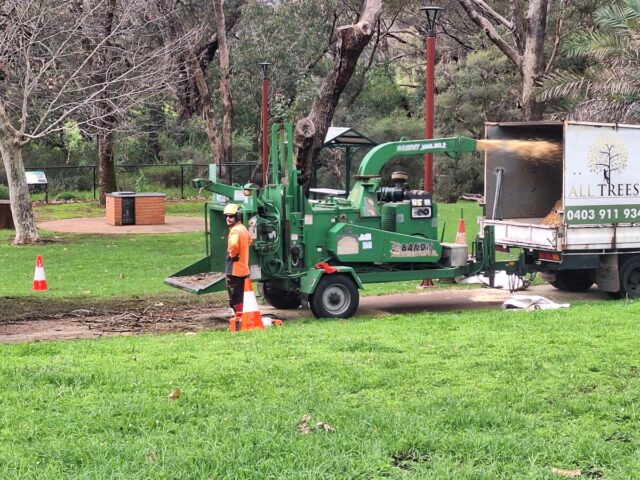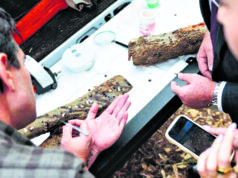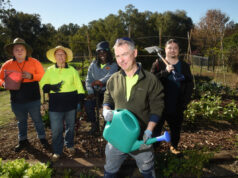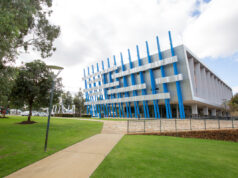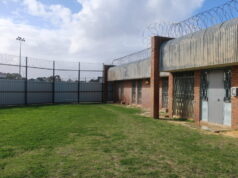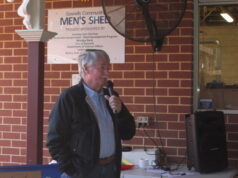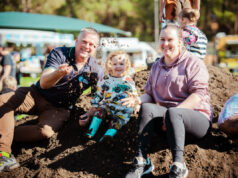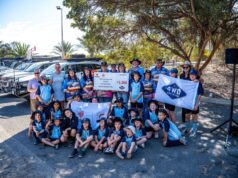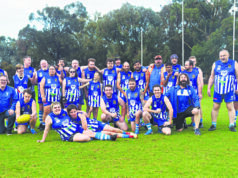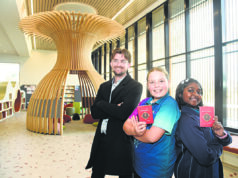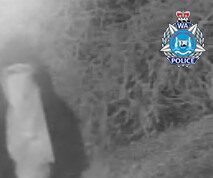The tiny tree-killing beetle causing havoc across Perth has now found its way up the hill to Bedfordale.
Last week The Examiner confirmed that three coral trees (also called flame trees) infested with Polyphagous Shot-Hole Borer (PSHB) were sacrificed to the woodchipper along the Canning River at Rushton Park in Kelmscott. It was the first confirmed instance of PSHB in the City of Armadale since the beetle was detected in Fremantle in 2021.
We have now received confirmation from the Department of Primary Industries and Regional Development (DPIRD) that two more trees showing signs of infestation have been culled in Bedfordale.
“PSHB has been detected in two locations in the City of Armadale and a total of five trees have been removed to date,” a spokesperson from DPIRD said.
“The City of Armadale took the proactive step of removing two coral trees this week which were showing signs of PSHB infestation. DPIRD had a biosecurity inspector on site to oversee the tree management works.
“DPIRD thanks the City of Armadale for their ongoing support of response activities and proactive approach to managing PSHB.”
One of the trees that was removed was on the verge on the corner of the Albany Highway and Narbethong Rd.
“DPIRD understands how important trees are to the community. Unfortunately, tree pruning and removal of infested trees is currently the only way to stop the spread,” the DPIRD spokesperson said.
PSHB beetles attack a wide range of trees and woody shrubs across urban, agricultural and natural landscapes. More than 400 plant species are reported as hosts of PSHB, with some of these hosts also capable of supporting the Fusarium fungus that the beetles carry to serve as a food source.
The highest risk host is box elder maple (Acer negundo). Other high-risk hosts include species of maple/sycamore (Acer), robinia (Robinia), willow (Salix), plane (Platanus), oak (Quercus), coral (Erythrina), avocado (Persea) and castor oil (Ricinus).
DPIRD encourages the community to be on the lookout for PSHB damage, and to report observations via the department’s MyPestGuide® Reporter app or via the Pest and Disease Information Service on 9368 3080, padis@dpird.wa.gov.au


